June 20 stands as one of history’s most eventful days, witnessing the rise and fall of empires, groundbreaking discoveries, and moments that shaped our modern world across centuries of human achievement.

Politics and Government Events on June 20
1960 – Mali Federation Gains Independence from France
The Mali Federation achieved independence from French colonial rule on this historic date. The newly sovereign nation represented a significant step forward in African decolonization efforts.
Within months, the federation would split into the separate nations of Mali and Senegal. This division reflected the complex political realities facing newly independent African states in the post-colonial era.
1963 – Moscow-Washington Hotline Established
Following the Cuban Missile Crisis, the Soviet Union and United States signed a crucial agreement establishing the “red telephone” link between their capitals. This direct communication channel aimed to prevent nuclear miscalculation during future international crises.
The hotline system provided leaders in Washington and Moscow with immediate contact capabilities. This diplomatic innovation helped reduce tensions during the Cold War’s most dangerous period.
1988 – Haitian President Ousted in Military Coup

Lieutenant General Henri Namphy led a successful coup d’état against Haitian President Leslie Manigat. The military overthrow demonstrated the persistent instability plaguing Haiti’s political system.
Manigat’s brief presidency ended abruptly as military forces seized control of government institutions. This coup represented another chapter in Haiti’s troubled history of political violence and military intervention.
1991 – German Bundestag Votes to Move Capital
The German Bundestag made the historic decision to relocate the seat of government from Bonn to Berlin. This vote symbolized German reunification and the restoration of Berlin’s status as the nation’s capital.
The decision required massive infrastructure investments and government relocations. Berlin’s selection as capital marked Germany’s full emergence from Cold War division.
1972 – Watergate Tape Gap Discovered
An eighteen-and-a-half-minute gap appeared in crucial tape recordings of President Nixon’s conversations regarding the Watergate break-in. This mysterious deletion intensified suspicions about presidential involvement in the scandal.
The missing audio became a central piece of evidence in the investigation. This gap would contribute significantly to Nixon’s eventual resignation from the presidency.
Military and Naval History on June 20
1944 – Battle of the Philippine Sea Concludes
World War II witnessed a decisive U.S. naval victory as the Battle of the Philippine Sea concluded with overwhelming American success. The lopsided engagement became known as the “Great Marianas Turkey Shoot.”
Japanese naval aviation suffered catastrophic losses during the battle. This victory secured American control of the Pacific and marked Japan’s irreversible decline as a naval power.
1943 – Royal Air Force Launches Operation Bellicose
The RAF conducted its first shuttle bombing raid of World War II, targeting V-2 rocket production facilities at the Zeppelin Works. Avro Lancaster bombers struck the German installations while en route to bases in Algeria.
This innovative bombing strategy maximized aircraft range and operational flexibility. The raid successfully damaged critical German rocket production capabilities.
1944 – Soviet Union Demands Finnish Surrender
During the Continuation War, Soviet forces launched the Vyborg-Petrozavodsk Offensive while demanding Finland’s unconditional surrender. The Finnish government courageously refused these harsh terms despite facing overwhelming military pressure.
Finnish resistance continued despite Soviet numerical superiority. This defiance demonstrated Finland’s determination to maintain independence during World War II’s final phases.
1982 – Final Falklands War Action
Royal Marine commandos accepted the surrender of the Argentine Corbeta Uruguay base on Southern Thule. This action marked the final military engagement of the Falklands War.
The successful operation completed British recapture of all occupied territories. Argentina’s surrender ended the brief but intense South Atlantic conflict.
Science and Discovery Milestones on June 20
1944 – First Object Reaches Outer Space
The experimental MW 18014 V-2 rocket achieved a historic milestone by reaching an altitude of 176 kilometers. This German rocket became the first human-made object to penetrate outer space.
The achievement marked humanity’s first successful venture beyond Earth’s atmosphere. This breakthrough laid crucial groundwork for future space exploration programs.
1945 – Operation Paperclip Approved
The U.S. Secretary of State approved transferring Wernher von Braun and his team of Nazi rocket scientists to America. Operation Paperclip brought German aerospace expertise to American missile and space programs.
These controversial transfers provided the United States with advanced rocket technology. Von Braun’s team would later play crucial roles in America’s space program success.
1990 – Asteroid Eureka Discovered
Astronomers discovered Asteroid Eureka, adding another celestial body to humanity’s catalog of space objects. This discovery expanded scientific understanding of our solar system’s composition.
The asteroid’s identification contributed to ongoing research into planetary formation. Such discoveries help scientists understand the origins and evolution of our cosmic neighborhood.
1996 – Space Shuttle Columbia Launches Scientific Mission
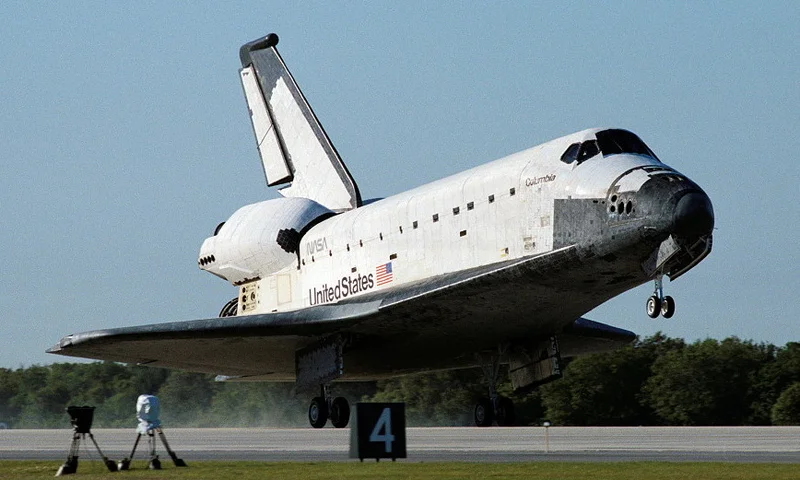
Space Shuttle Columbia launched on mission STS-78 to conduct extensive life science and microgravity research. The mission utilized the specialized Spacelab module for advanced scientific experiments.
Researchers investigated how microgravity affects biological processes and materials. These experiments provided valuable data for future long-duration space missions.
Cultural and Arts Events on June 20
1975 – Jaws Premieres and Changes Hollywood

Steven Spielberg’s thriller “Jaws” premiered in American theaters, becoming the highest-grossing film of its era. The movie’s success launched the modern concept of summer blockbuster entertainment.
The film’s massive popularity transformed Hollywood marketing strategies. “Jaws” demonstrated the commercial potential of wide-release summer films with mass appeal.
1926 – International Eucharistic Congress Opens
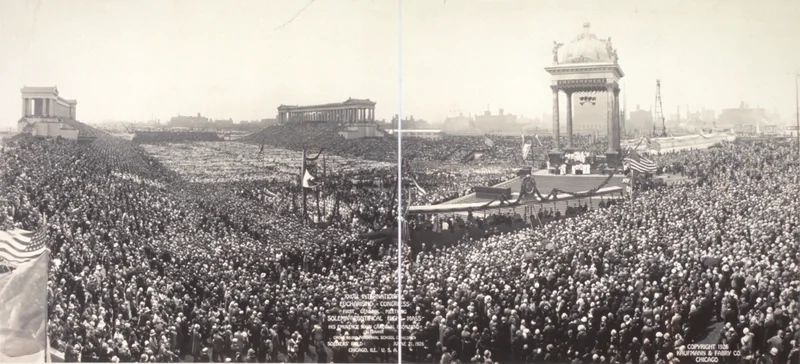
The 28th International Eucharistic Congress began in Chicago with spectacular pageantry. Over 250,000 spectators attended the magnificent opening procession through the city streets.
The massive gathering demonstrated American Catholicism’s growing influence and organization. This religious celebration showcased the faith’s prominent role in American urban life.
2003 – Wikimedia Foundation Established
The Wikimedia Foundation was officially founded in St. Petersburg, Florida, to support Wikipedia and related educational projects. This organization would revolutionize how people access and share knowledge globally.
The foundation’s establishment formalized support for collaborative online education. Wikipedia’s success would transform reference materials and democratize information access worldwide.
Religious and Social Events on June 20
1921 – Chennai Mill Workers Begin Strike
Workers at Buckingham and Carnatic Mills in Chennai, India, launched a massive four-month strike action. This labor uprising demonstrated growing worker organization and resistance to colonial industrial practices.
The prolonged strike highlighted harsh working conditions in British-controlled Indian factories. This labor action contributed to India’s broader independence movement and social reform efforts.
1943 – Detroit Race Riot Erupts
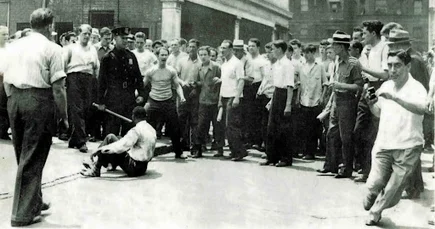
Racial tensions exploded into three days of violent rioting throughout Detroit. The uprising reflected deep-seated racial inequalities and competition for jobs during World War II.
The riots exposed systemic racism in American industrial cities. This violence highlighted the urgent need for civil rights reforms and racial justice initiatives.
1973 – Ezeiza Massacre in Argentina
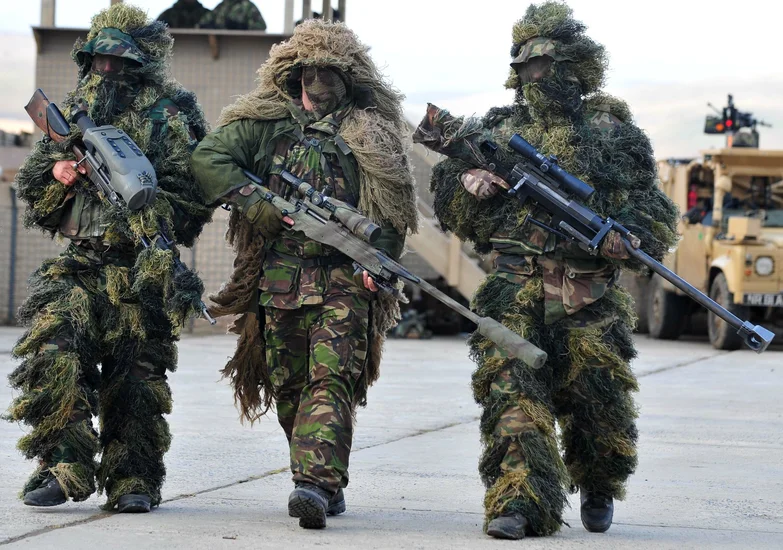
Snipers fired upon left-wing Peronist supporters in Buenos Aires during what became known as the Ezeiza massacre. At least thirteen people died and over three hundred suffered injuries in the political violence.
The massacre demonstrated Argentina’s dangerous political polarization. This tragic event foreshadowed the political violence that would plague Argentina throughout the 1970s.
Business and Economic Events on June 20
1948 – Deutsche Mark Introduced

Western Allied-occupied Germany introduced the Deutsche Mark as its new currency. This monetary reform represented a crucial step toward German economic recovery and eventual reunification.
The Soviet Military Administration responded by imposing the Berlin Blockade four days later. This currency introduction intensified Cold War tensions and divided Germany economically.
1979 – ABC News Correspondent Murdered
ABC News correspondent Bill Stewart was shot dead by a Nicaraguan National Guard soldier under Anastasio Somoza’s regime. The murder was captured on television and sparked international outrage against the dictatorship.
The filmed execution galvanized international opposition to Somoza’s government. This tragic incident demonstrated the dangers journalists face while reporting from conflict zones.
1982 – International Holocaust Conference Opens
The International Conference on the Holocaust and Genocide opened in Tel Aviv despite Turkish government attempts to cancel it. The conference included controversial presentations on the Armenian genocide.
Turkey’s intervention attempts highlighted ongoing sensitivities about historical genocide recognition. The conference proceeded with important discussions about preventing future genocides.
Transportation and Infrastructure on June 20
1960 – Venezuelan Super-Constellation Crashes
A Venezuelan Super-Constellation aircraft crashed into the Atlantic Ocean off Asbury Park, New Jersey. The tragic accident claimed seventy-four lives and highlighted ongoing aviation safety concerns.
The crash demonstrated the risks of early commercial aviation. Such accidents led to improved safety protocols and aircraft design modifications.
1959 – Rare Hurricane Strikes Canada
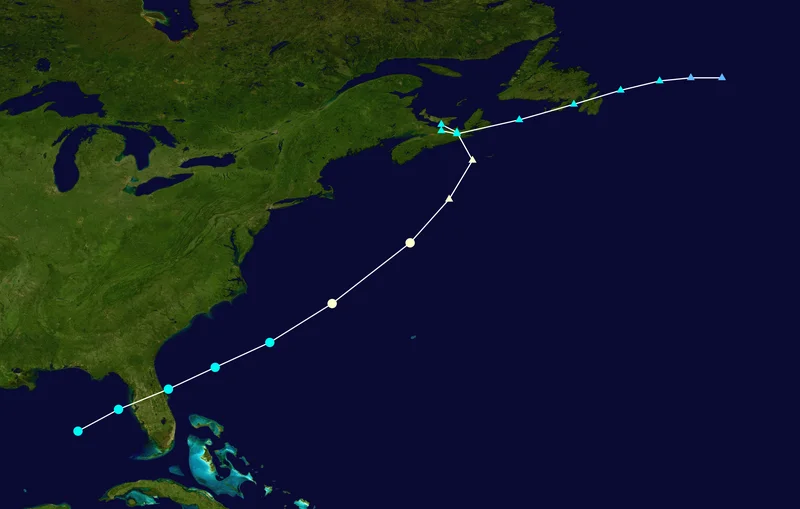
An unusual June hurricane struck Canada’s Gulf of St. Lawrence region with devastating force. The rare storm killed thirty-five people and caused extensive property damage.
The hurricane’s timing shocked meteorologists and residents unprepared for such severe weather. This unusual storm pattern highlighted the unpredictability of extreme weather events.
1990 – Manjil-Rudbar Earthquake Devastates Iran

A powerful 7.4 magnitude earthquake struck northern Iran with extreme intensity. The disaster killed between 35,000 and 50,000 people while injuring 60,000 to 105,000 others.
The earthquake’s massive death toll reflected Iran’s vulnerability to seismic activity. This natural disaster prompted international humanitarian aid efforts and improved building code discussions.
Sports and Recreation on June 20
1994 – Iran Shrine Bombing
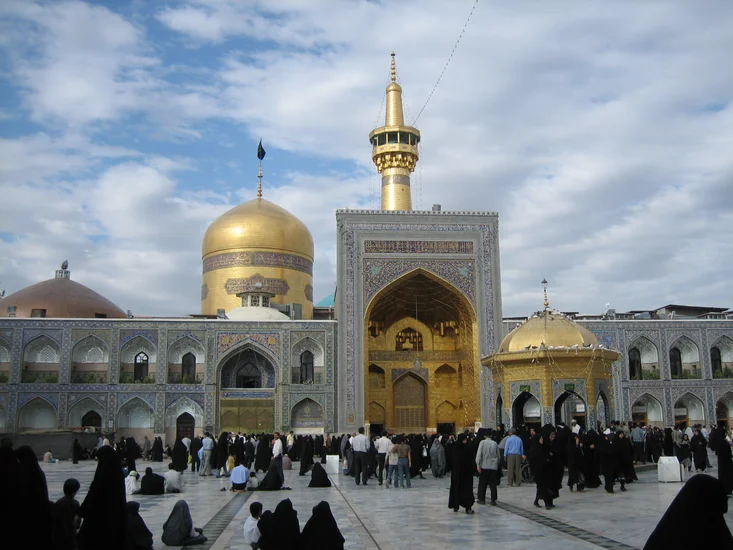
A bomb explosion at the Imam Reza shrine in Iran killed at least twenty-five people and injured between seventy and three hundred others. The attack shocked the religious community and highlighted regional security concerns.
The bombing targeted one of Shia Islam’s holiest sites. This terrorist attack demonstrated the vulnerability of religious gathering places to extremist violence.
2011 – RusAir Flight Crashes

RusAir Flight 9605 crashed during approach to Petrozavodsk Airport, killing all forty-seven people aboard. The aviation disaster highlighted ongoing safety concerns with regional airline operations.
The crash investigation revealed multiple contributing factors to the accident. This tragedy prompted renewed focus on aviation safety protocols and pilot training standards.
2019 – Iran Shoots Down American Drone
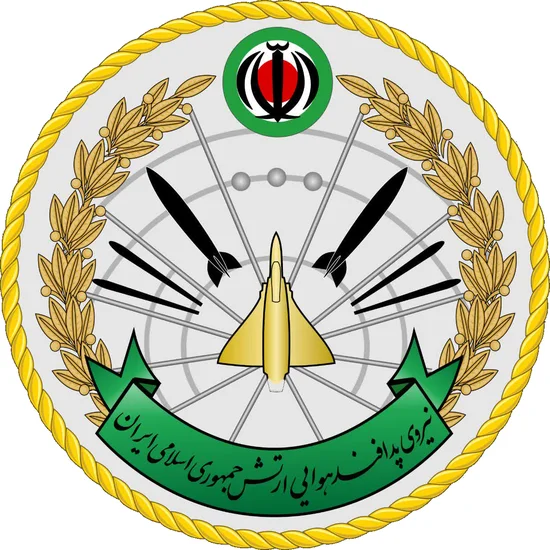
Iran’s Air Defense Forces shot down an American surveillance drone over the Strait of Hormuz. The incident escalated tensions between the two countries and raised concerns about potential military conflict.
The drone’s destruction occurred amid rising geopolitical tensions in the Persian Gulf. This confrontation highlighted the fragile nature of Middle Eastern security arrangements.
Notable Births on June 20
1909 – Errol Flynn, Australian-American Actor

Errol Flynn was born in Tasmania and would become one of Hollywood’s most celebrated swashbuckling stars. His charismatic performances in adventure films made him a legendary figure in cinema history.
Flynn’s roles in movies like “The Adventures of Robin Hood” defined the adventure genre. His off-screen lifestyle became as famous as his memorable film performances.
1924 – Chet Atkins, American Guitarist and Producer

Chet Atkins entered the world destined to revolutionize country music guitar playing. His innovative fingerpicking technique and production work shaped the Nashville Sound.
Atkins influenced countless musicians and helped establish Nashville as America’s country music capital. His technical mastery and musical vision earned him widespread recognition and respect.
1925 – Audie Murphy, American War Hero and Actor

Audie Murphy was born in Texas and would become World War II’s most decorated American soldier. His Medal of Honor heroics later launched a successful Hollywood acting career.
Murphy’s battlefield courage inspired a generation of Americans. His transition from war hero to movie star demonstrated the complex relationship between military service and celebrity culture.
1928 – Martin Landau, American Actor
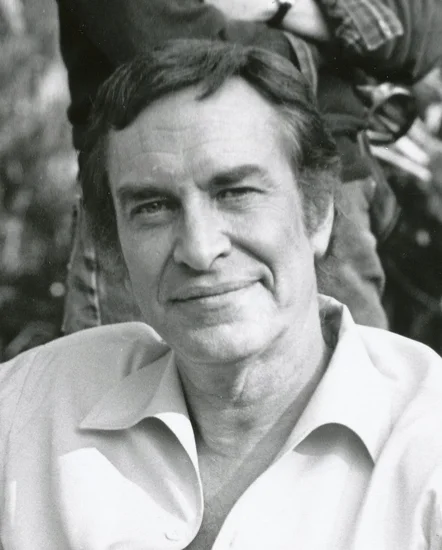
Martin Landau was born in Brooklyn and developed into one of America’s most respected character actors. His performances in television and film earned critical acclaim and numerous awards.
Landau’s work in “Mission: Impossible” and later films showcased his versatility. His dedication to method acting influenced generations of performers.
1931 – Olympia Dukakis, American Actress

Olympia Dukakis was born in Massachusetts and became a beloved figure in American theater and film. Her powerful performances brought depth and authenticity to numerous memorable roles.
Dukakis’s work in “Moonstruck” earned her an Academy Award. Her contributions to American arts extended beyond acting to include teaching and directing.
1946 – Xanana Gusmão, Timorese Revolutionary and President

Xanana Gusmão was born in Portuguese Timor and would lead his nation’s independence struggle. His leadership helped establish East Timor as a sovereign nation.
Gusmão’s resistance against Indonesian occupation inspired international support for Timorese independence. His political vision guided East Timor through its transition to statehood.
1949 – Lionel Richie, American Singer and Songwriter

Lionel Richie was born in Alabama and became one of America’s most successful pop and R&B artists. His songwriting and performing talents produced numerous chart-topping hits.
Richie’s work with the Commodores and his solo career defined popular music. His humanitarian efforts and musical contributions earned him international recognition.
1967 – Nicole Kidman, Australian-American Actress

Nicole Kidman was born in Hawaii to Australian parents and developed into one of cinema’s most acclaimed actresses. Her diverse roles demonstrated remarkable range and artistic commitment.
Kidman’s performances in films like “Moulin Rouge” and “The Hours” earned critical praise. Her international career bridged Australian and American entertainment industries.
Notable Deaths on June 20
1947 – Bugsy Siegel, American Mobster

Benjamin “Bugsy” Siegel was assassinated in Beverly Hills, ending the life of one of America’s most notorious organized crime figures. His death marked a significant moment in the history of Las Vegas development.
Siegel’s vision helped transform Las Vegas into a gambling destination. His violent end demonstrated the dangerous realities of organized crime during the mid-20th century.
1966 – Georges Lemaître, Belgian Priest and Cosmologist

Georges Lemaître died in Belgium after revolutionizing our understanding of the universe’s origins. His Big Bang theory fundamentally changed cosmological science and human understanding of existence.
Lemaître’s work bridged religion and science in profound ways. His theoretical contributions laid groundwork for modern cosmology and space exploration.
1984 – Estelle Winwood, English Actress

Estelle Winwood passed away after a remarkable century-long life and distinguished acting career. Her performances spanned from Victorian theater to modern American television.
Winwood’s longevity in entertainment was unprecedented. Her career demonstrated the evolution of performance arts across multiple generations and technological changes.
2002 – Jack Kilby, American Inventor and Nobel Laureate
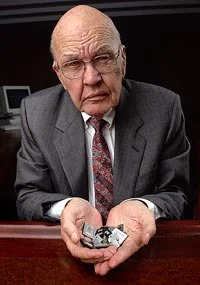
Jack Kilby died in Texas after inventing the integrated circuit that revolutionized electronics. His Nobel Prize-winning work enabled the modern digital age and computer revolution.
Kilby’s invention made possible everything from calculators to smartphones. His contributions to technology transformed how humans communicate and process information.
2024 – Donald Sutherland, Canadian Actor

Donald Sutherland passed away after a distinguished career spanning over six decades in film and television. His versatile performances in diverse roles made him one of Canada’s most celebrated actors.
Sutherland’s work in films like “MASH” and “The Hunger Games” showcased his remarkable range. His contributions to cinema earned him international recognition and numerous awards.
Holidays and Observances on June 20
World Refugee Day
The United Nations designated June 20 as World Refugee Day to raise awareness about the plight of displaced persons worldwide. This international observance highlights the challenges faced by millions of refugees seeking safety and new homes.
The day encourages global solidarity with refugee populations. World Refugee Day promotes understanding and support for humanitarian efforts protecting displaced persons.
Day of the National Flag (Argentina)

Argentina celebrates its national flag on this date, honoring the symbol of national identity and independence. The observance commemorates the country’s struggle for sovereignty and democratic values.
The flag represents Argentina’s rich history and cultural heritage. This celebration reinforces national unity and patriotic pride among Argentine citizens.
West Virginia Day
West Virginia commemorates its statehood on June 20, celebrating the state’s unique history and cultural identity. The observance honors West Virginia’s separation from Virginia during the American Civil War.
The holiday celebrates West Virginia’s natural beauty and industrial heritage. State residents gather to commemorate their distinct Appalachian culture and traditions.
